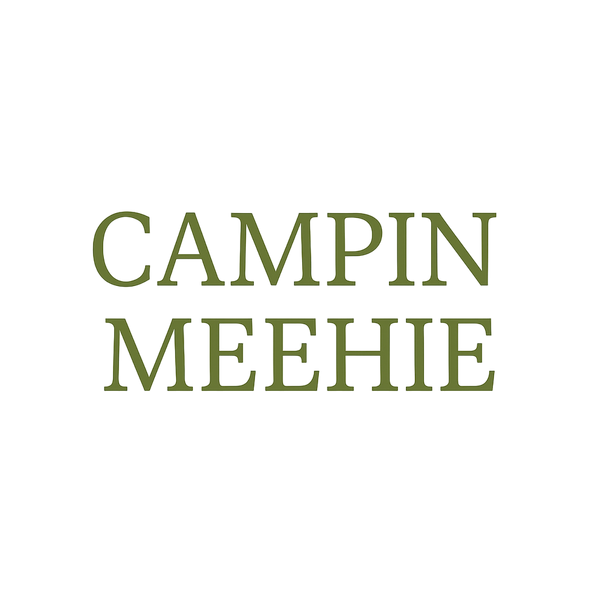
Fishing and Foraging Tips for Camping Adventures
Share
Camping offers a chance to disconnect, explore nature, and even gather your own meals. While packing ready-to-eat food is convenient, fishing and foraging can add a new level of adventure and self-sufficiency to your trips. With a few essential tips, you can safely enjoy fresh-caught fish and wild edibles while respecting the environment.
Fishing Tips for Camping
Fishing is a relaxing way to connect with nature, and it can also provide a nutritious meal for your camping group.
1. Know the Regulations
-
Check local fishing rules for your campsite or nearby water bodies.
-
Obtain any required licenses or permits.
-
Observe catch limits and protected species guidelines.
2. Choose the Right Gear
-
Lightweight rods and reels are perfect for backpacking trips.
-
Bring a variety of baits (worms, insects, or artificial lures).
-
A compact tackle box with hooks, sinkers, and a line repair kit is handy.
3. Pick the Best Fishing Spots
-
Rivers and streams often have trout or bass.
-
Lakes may contain perch, catfish, or pike.
-
Early morning or late evening tends to be prime fishing time.
4. Safety and Handling
-
Keep fish cool in a bucket or portable cooler.
-
Use gloves or a cloth to handle fish safely.
-
Clean and cook fish thoroughly to avoid foodborne illness.
Foraging Tips for Camping
Foraging is a fun way to discover edible plants, berries, and mushrooms—but it requires caution and knowledge.
1. Learn the Local Flora
-
Use a reputable field guide or plant identification app.
-
Familiarize yourself with look-alike poisonous species.
-
Stick to areas away from polluted water or roadsides.
2. Common Edibles
-
Berries: Blackberries, blueberries, and raspberries (know which are safe).
-
Greens: Dandelion leaves, chickweed, and lamb’s quarters.
-
Nuts: Acorns and hazelnuts (properly prepared).
-
Mushrooms: Only consume wild mushrooms if you are 100% certain of identification.
3. Harvest Responsibly
-
Take only what you need.
-
Leave enough for wildlife and to allow plants to regrow.
-
Use clean hands or tools to avoid contaminating food.
4. Preparation and Cooking
-
Wash all plants and berries thoroughly.
-
Cook or roast nuts to remove bitter compounds.
-
Pair foraged ingredients with other camping foods for a balanced meal.
Safety Tips for Fishing and Foraging
-
Always tell someone your camping location and plans.
-
Carry a first-aid kit and know basic wilderness first aid.
-
Use insect repellent and sun protection.
-
Never eat anything unless you are absolutely certain it’s safe.
Final Thoughts
Fishing and foraging can transform a regular camping trip into an immersive outdoor adventure. With proper knowledge, preparation, and respect for nature, you can enjoy fresh, self-sourced meals while strengthening your connection to the wilderness.
